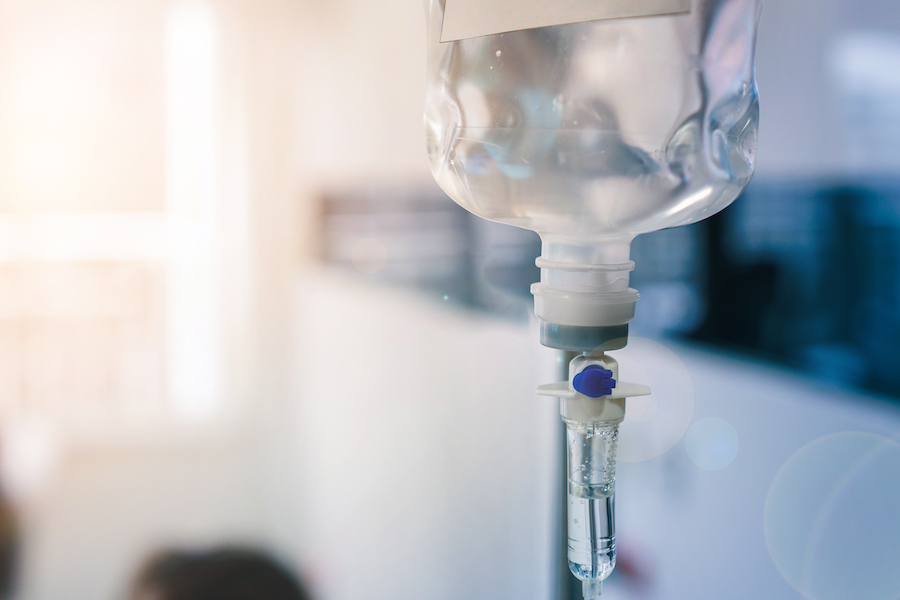
If you experience dental anxiety or are facing extensive dental work, you might consider sedation dentistry to enhance your comfort during treatment. However, you may have concerns about its safety, effectiveness, and what to anticipate. In this blog, we’ll explore the safety aspects and important considerations related to sedation dentistry.
Levels of Sedation Dentistry
Sedation dentistry offers a range of sedation levels, from mild to deep, based on individual needs and the complexity of the procedure. Common types include nitrous oxide (laughing gas), oral sedation (pills), intravenous (IV) sedation, and general anesthesia.
- Nitrous Oxide:
- Mildest form of sedation, often referred to as laughing gas.
- Administered through a nosepiece, safe even for children.
- Enhances comfort and relaxation during procedures, wears off quickly with no residual effects.
- Administered via prescription pill taken before treatment.
- Causes drowsiness and requires arranging transportation.
- Allows conscious response to directions, pain-free treatment, drowsiness wears off gradually.
- Higher level of sedation administered intravenously.
- Patient remains conscious but feels no pain during treatment.
- Requires transportation due to drowsiness, effects may last most of the day.
While each level of sedation has distinct effects, they all share a common goal: to make dental procedures more comfortable and effective.
Patient Assessment
The safety of sedation dentistry hinges on a comprehensive patient assessment before the procedure. Dentists, along with other medical professionals, review medical history, medications, allergies, and health conditions. This assessment identifies potential risks and ensures patient suitability for sedation.
Monitoring During the Procedure
If sedation is deemed appropriate for the patient, the patient’s vital signs – blood pressure, heart rate, and oxygen levels – are continuously monitored throughout the procedure. This proactive approach allows prompt responses to any changes, ensuring safety and well-being.
Learn More About Sedation Dentistry in Germantown, MD
With thorough assessment, monitoring, and a tailored plan, sedation dentistry aids anxious patients or those undergoing extensive procedures. For more information, discuss your concerns with an experienced dentist like Dr. Razmjou. Contact our office today to learn more!
Contact Us
